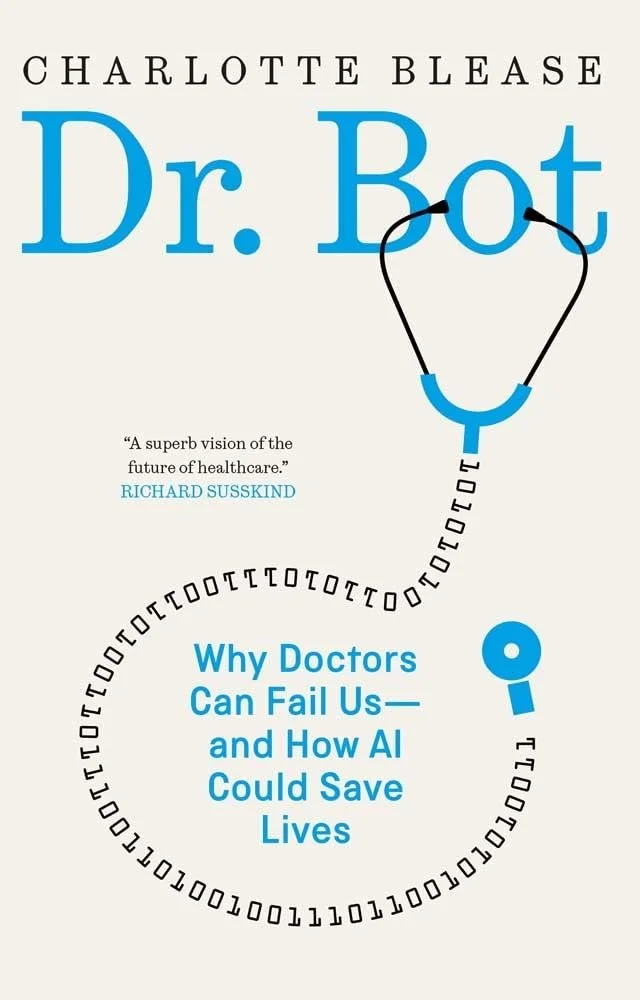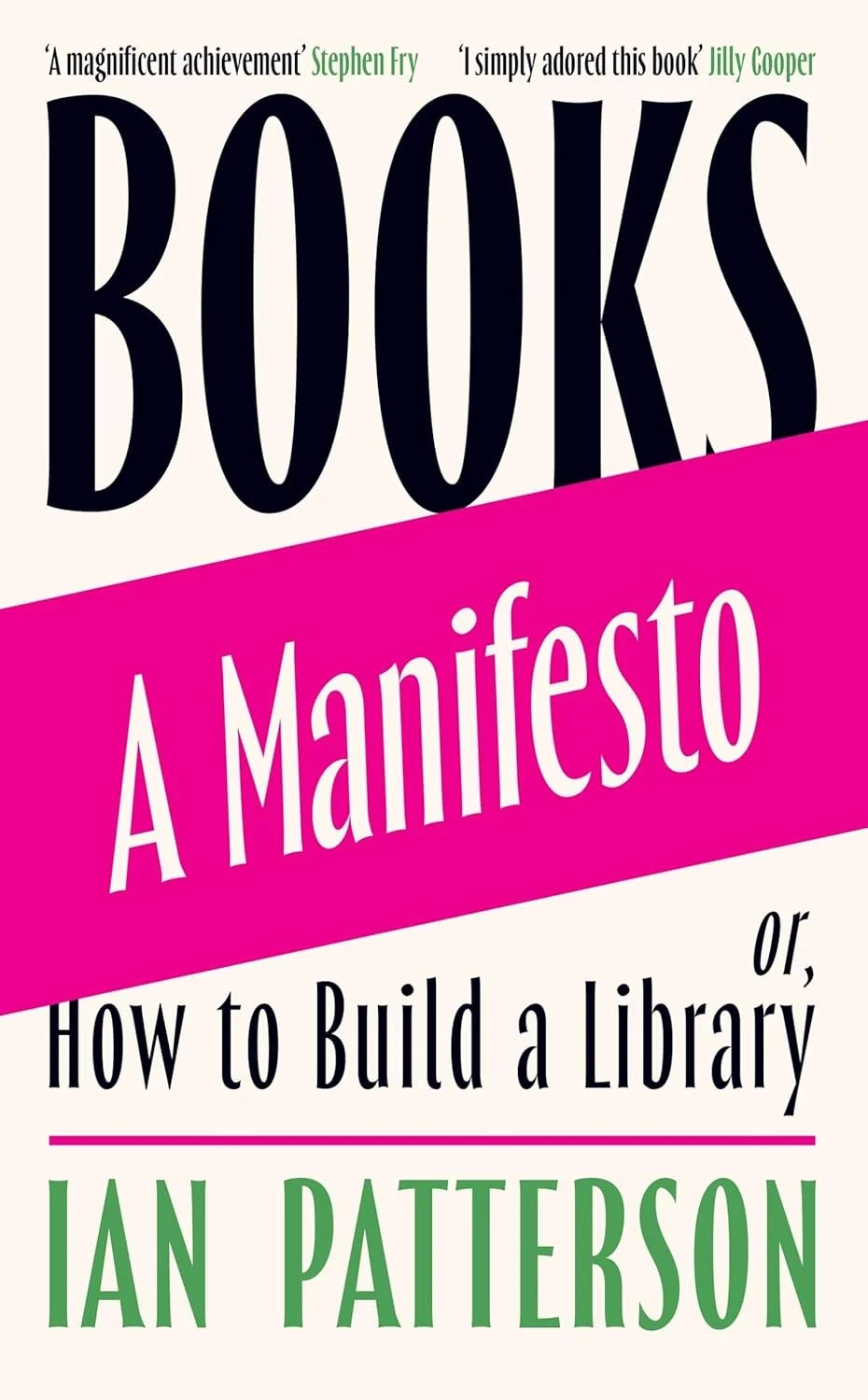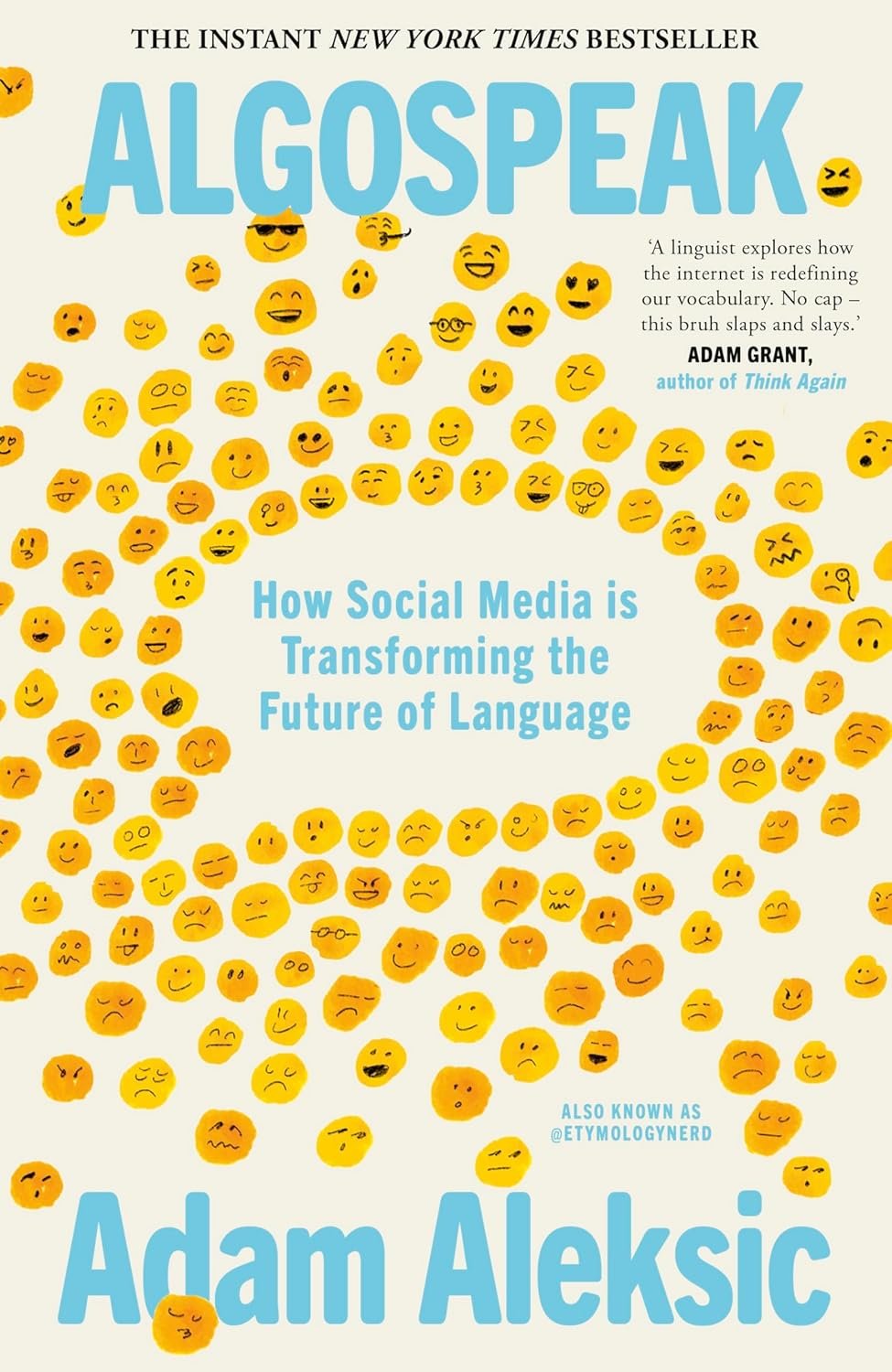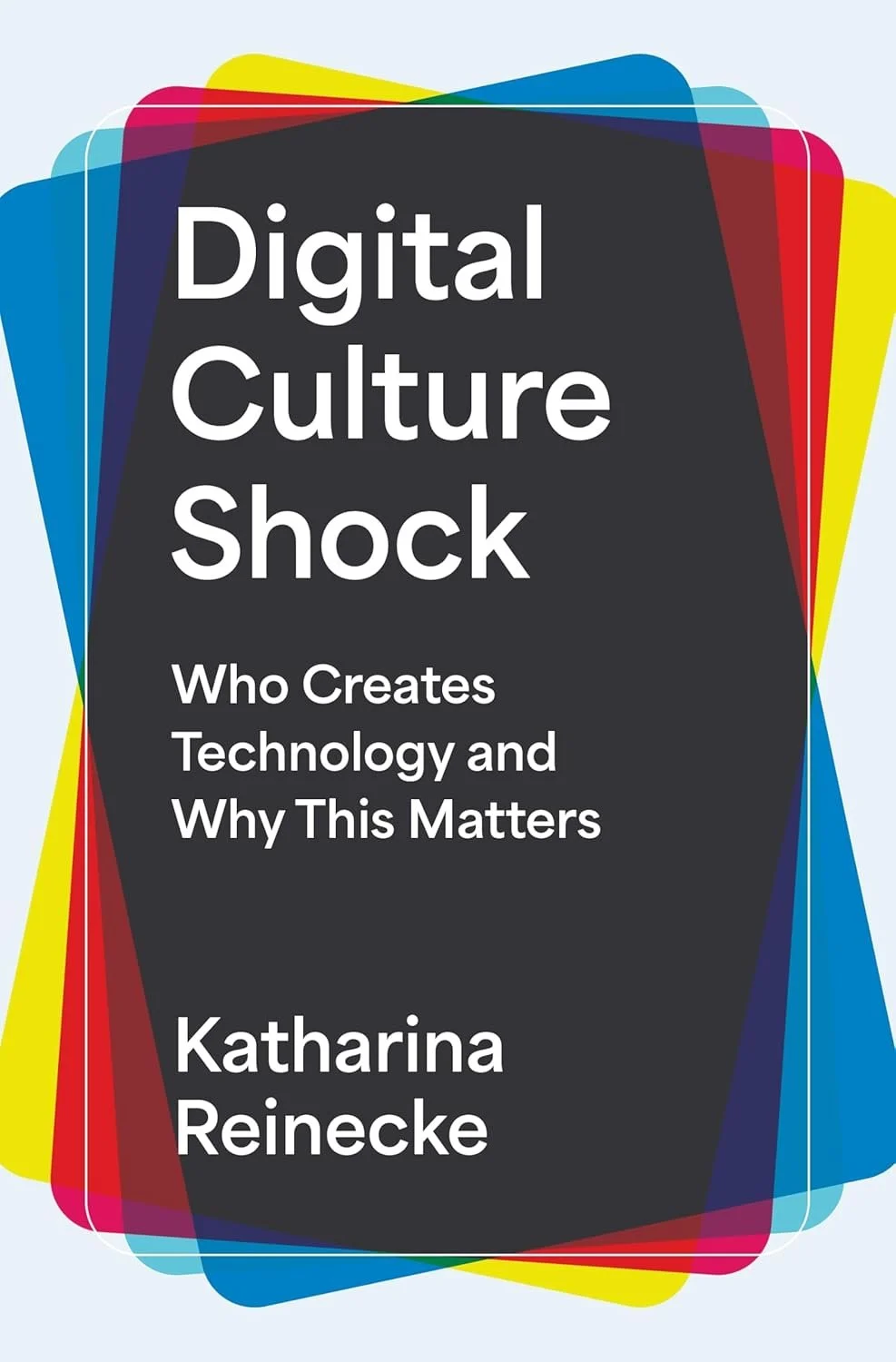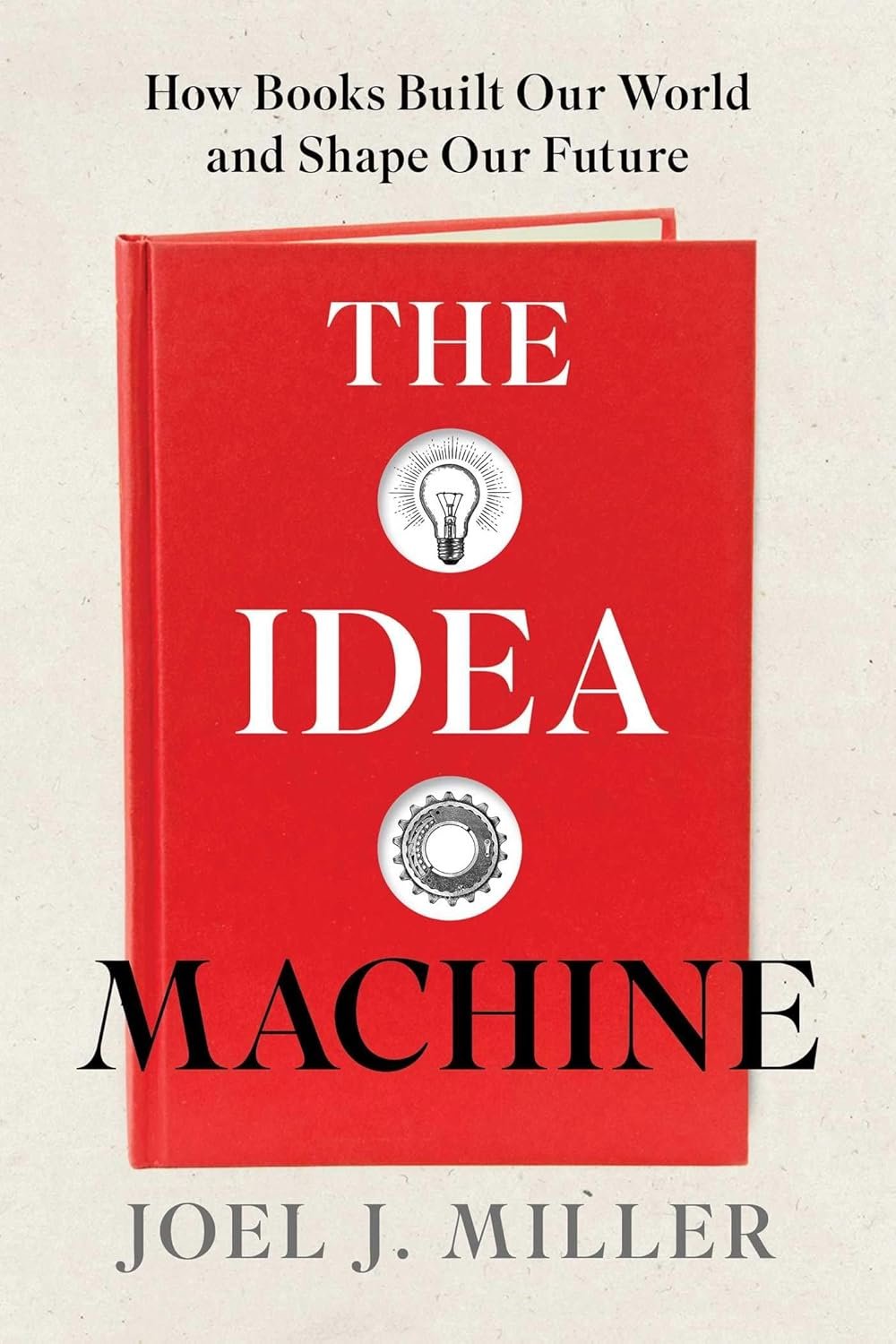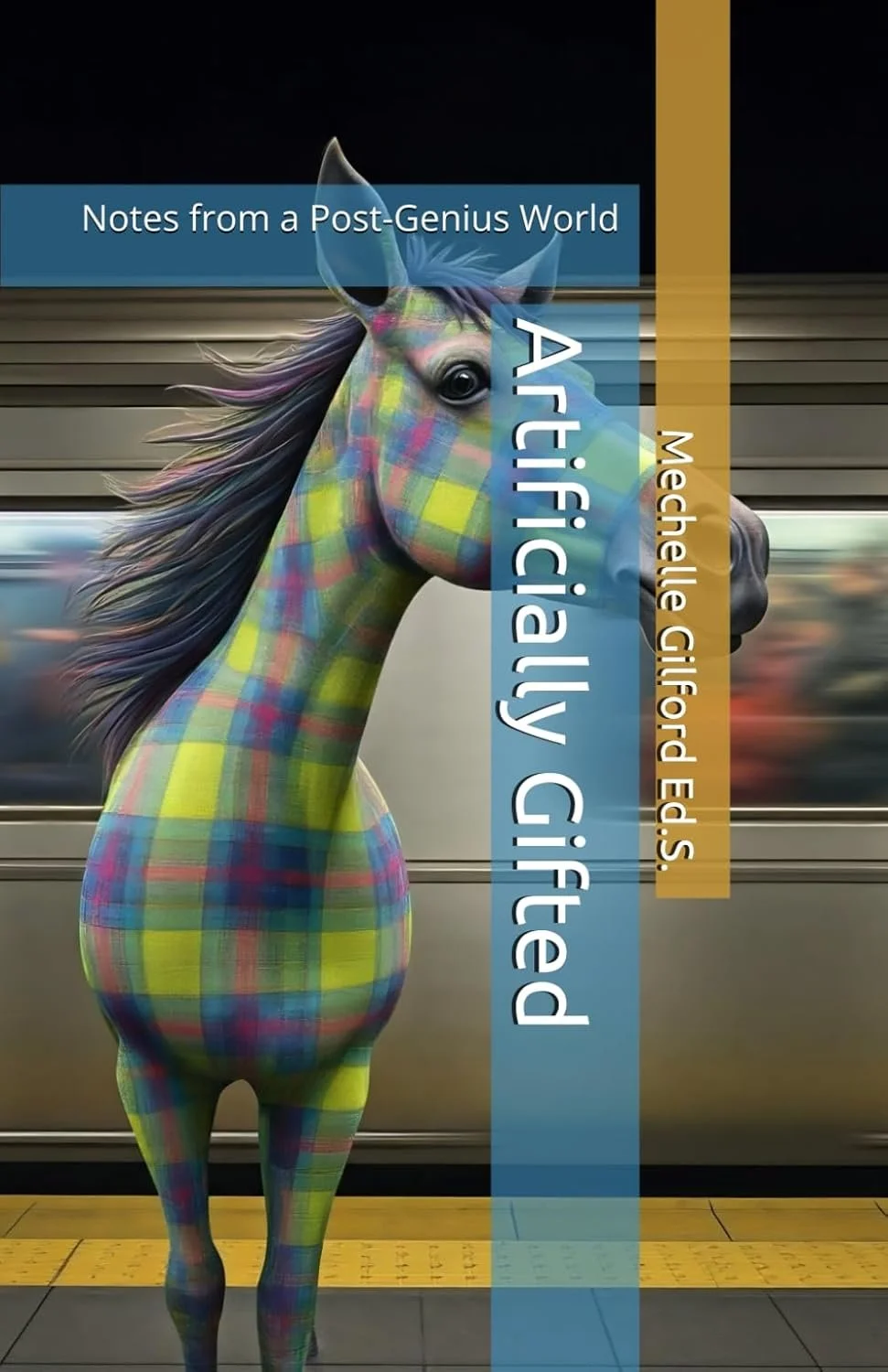This little book provides guidance on how to make sense of qualitative data. You've carried out some research, perhaps in the form of interviews. You transcribe the recordings (or use an app, or pay someone to do it for you), but all that does is give you a lot of pages of notes. What now? How do you find out what main themes are coming through? In short, how can you see the wood for the trees?
This is the issue which this book addresses, and it does so very well. It explains why you need to code your data (not in the programming sense), and suggests ways of doing so. The next stage is to see if you can group certain codes in order to create categories. Once you have done that, you can group some or all of your categories into themes.
In other words, you go through a process of bunching up apparently disparate bits of data, from various sources, in order to arrive at an overall picture.
I'd have found this book very useful when I was undertaking my MA in Economics Education. That involved a fair amount of quantitative data but also quite a lot of qualitative data. Although I was able to find the main themes, I think this book would have saved some time.
Recently, I have been dealing with a very large organisation, and having the experience of being told different things by different people, none of whom seem to communicate with anyone else. After reading this book I colour-coded the notes I've been making so that I can very quickly trace particular aspects of the narrative.
Also, at its suggestion, I've numbered all the lines in the document. I've been using Microsoft Word for years, and could never for the life of me understand why anyone would wish to number the lines in a document, apart from poems perhaps. But actually it's a useful tool, because during conversations you can say "Well, if you look at line 231..." rather than "Go to page 12, third paragraph down, 7 lines from the end.."
Thus, even in everyday life, let alone when undertaking research, this short book has proved itself to be extremely useful. I definitely recommend it.
If you found this article interesting and useful, why not subscribe to my newsletter, Digital Education? It’s been going since the year 2000, and has news, views and reviews for Computing and ed tech teachers.



